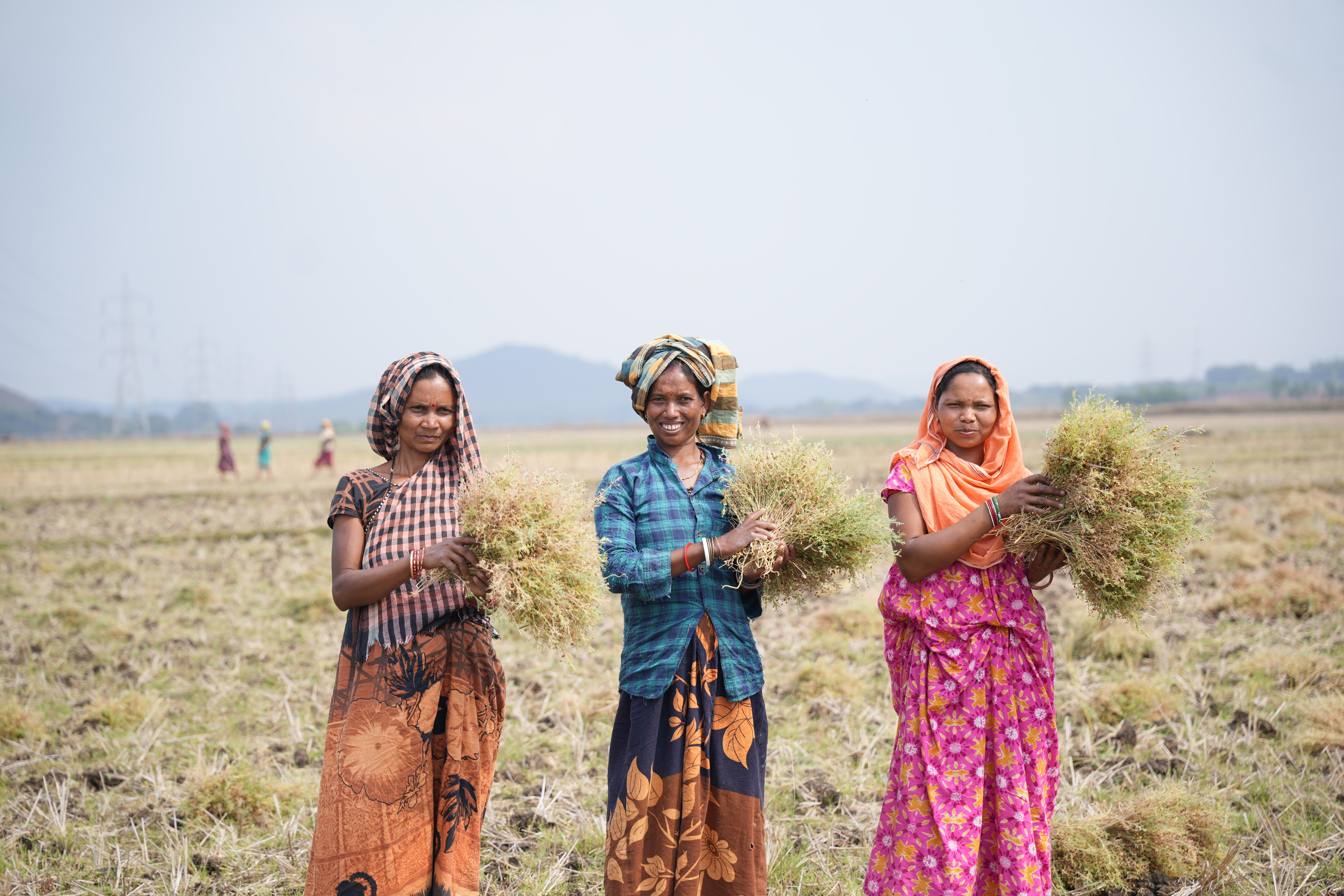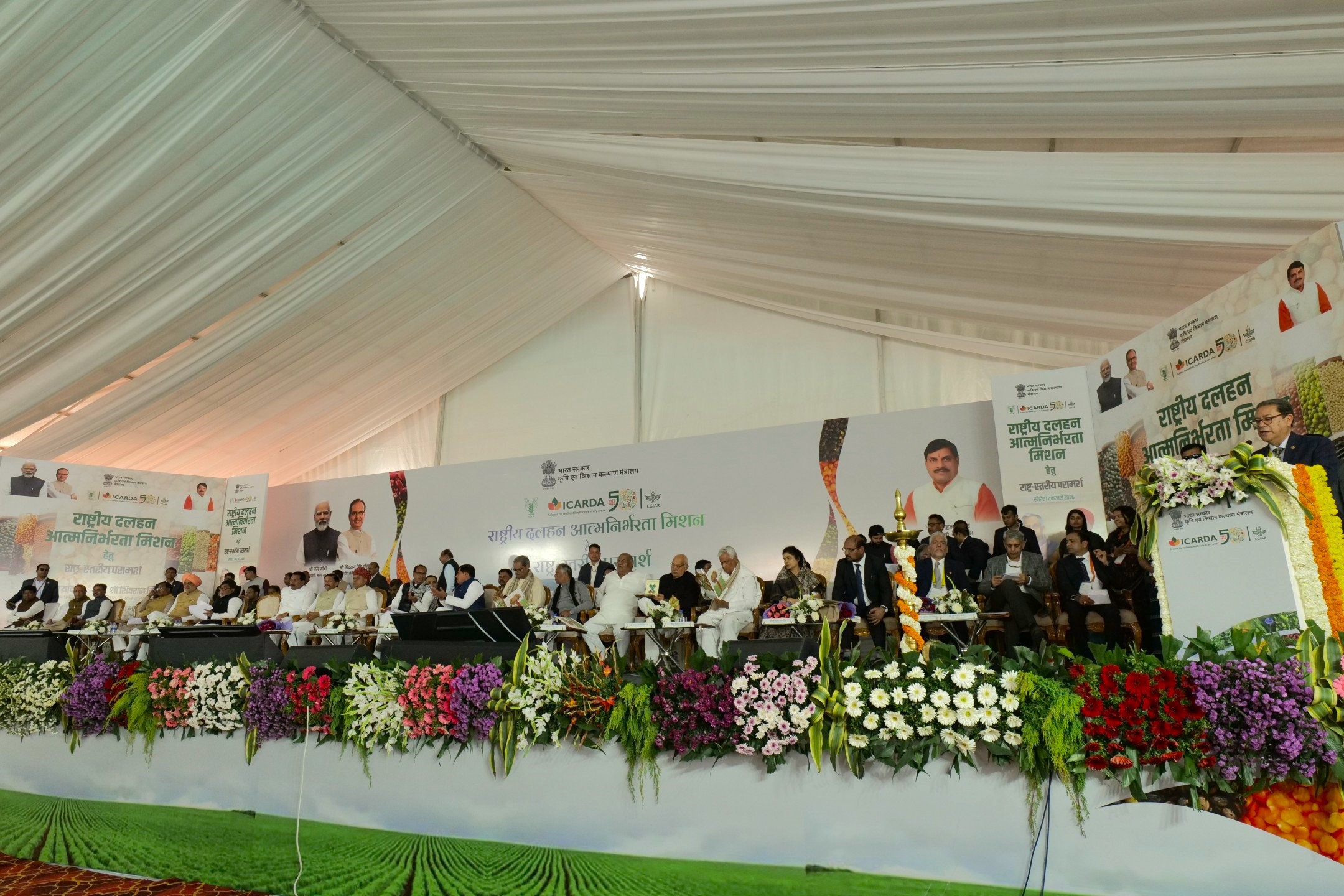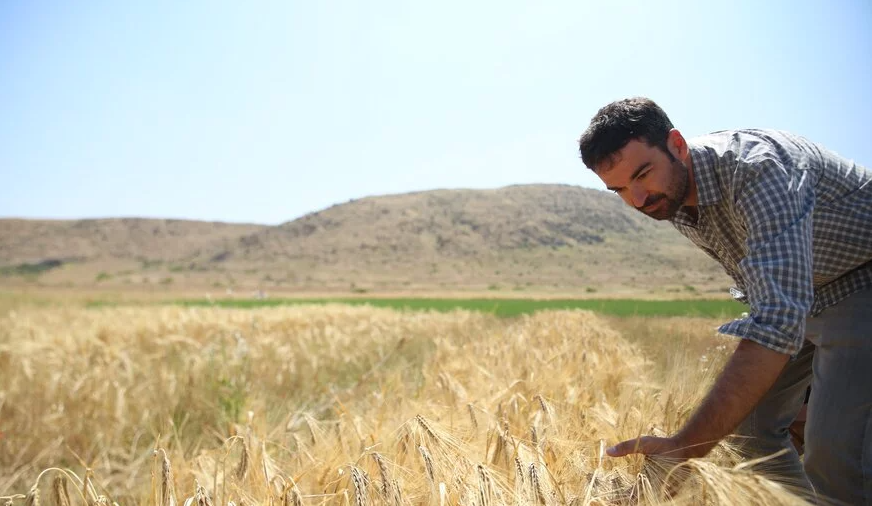For Better Soil Health: Women in Pakistan Trained in Compost Making
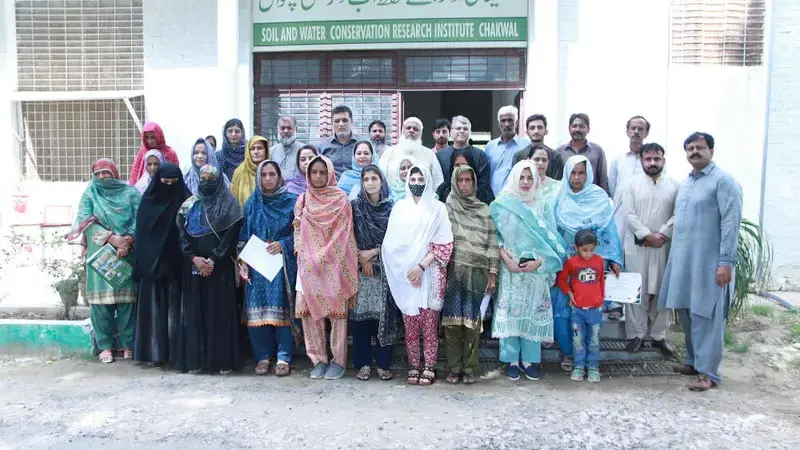
Women farmers in Walana village, Pakistan, are turning farm waste into a valuable resource thanks to a compost-making training organized under the ICARDA–U.S. Department of Agriculture (USDA) Fertilize Right (FR) project. This practical training equipped women with innovative techniques to reduce chemical fertilizing, improve soil health, and create a new source of income.
From 3–4 September 2025, in partnership with the Soil and Water Conservation Research Institute (SAWCRI) in Pakistan, 25 women farmers—actively involved in agriculture and livestock rearing—had the opportunity to participate in a compost-making training. This extensive workshop aimed to enhance the skills of rural women in preparing compost by recycling organic materials available at the farm level and using it to improve the fertility and health of their soils, while reducing the use of chemical fertilizers and protecting the environment.
Over the two days, participants were introduced to on-farm composting and took part in a practical session on compost preparation. They learned how to build compost pits, layer materials in varying thicknesses, maintain proper moisture and aeration, and add composting stimulators to speed up the process. The program also included an engaging field visit to compost sites at SAWCRI Chakwal.
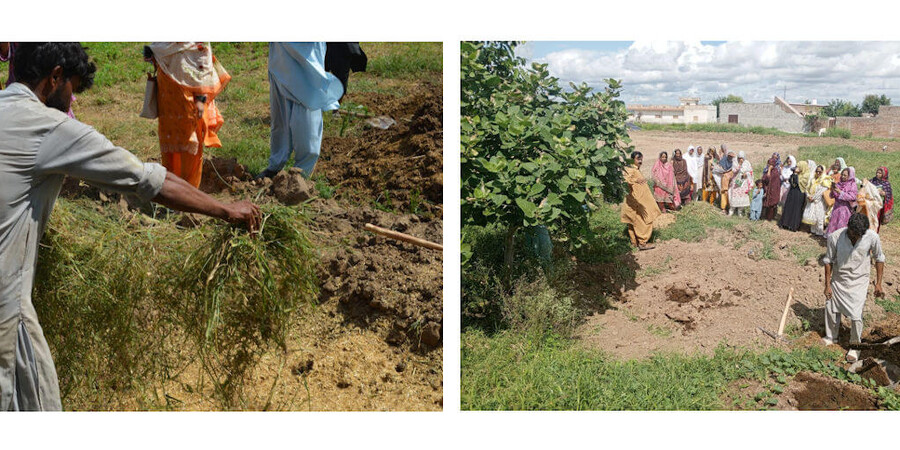
To ensure continuity and knowledge sharing of organic composting best practices, ICARDA and SAWCRI experts prepared a training manual and a brochure on compost-making techniques, distributed to participants in both English and Urdu.
Dr. Muhammad Imtiaz, Pakistan Country Coordinator at ICARDA, concluded the training with a consultation session for women participants who are ready to transform their new skills into composting businesses. The initiative aims to help women generate additional income and support their families. He also awarded certificates of completion to all trainees.
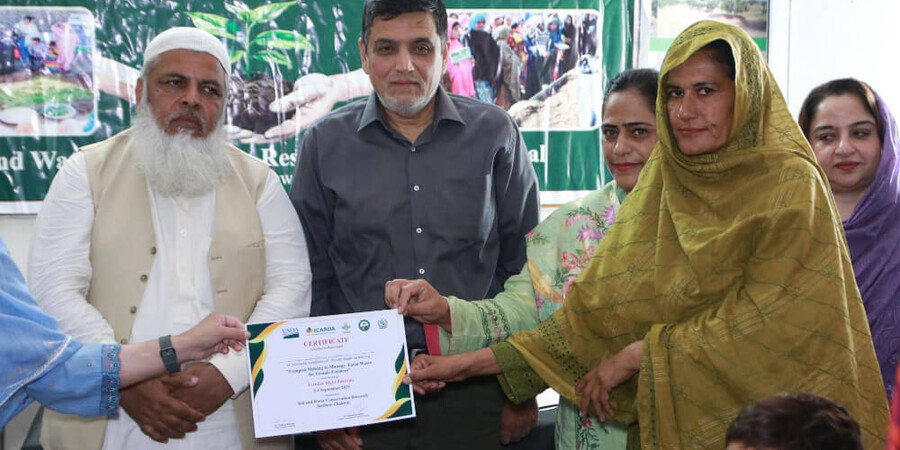
The Fertilize Right project in Pakistan is a four-year initiative (2023-2027) funded by the USDA in partnership with ICARDA and 12 national institutes. It promotes sustainable agriculture practices and empowers women in agriculture, aligning with ICARDA’s mission to build resilient livelihoods for farmers across the dry regions.
-----------

